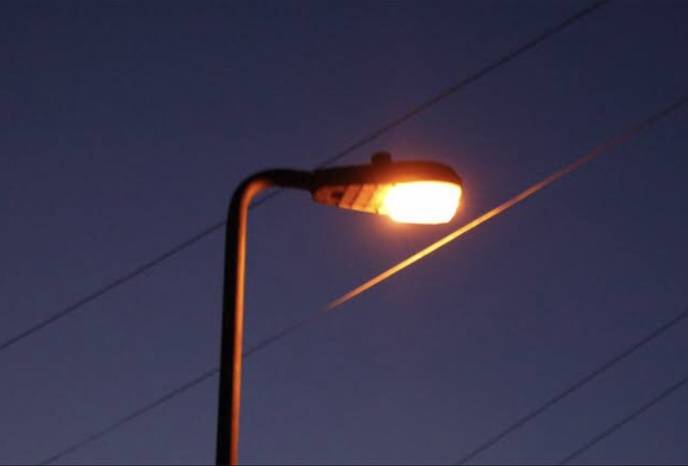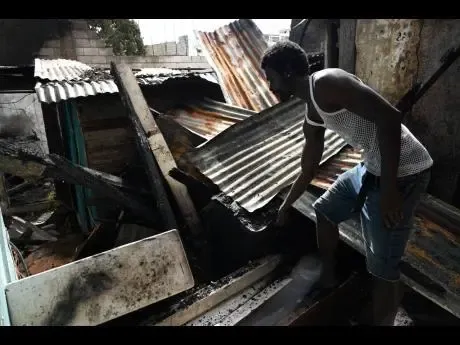Theft of Street Lights in Jamaica

Street lamps are being pilfered rapidly in Jamaica, hampering government efforts to illuminate crime-ridden areas.
The power company disclosed in 2019 that the thefts were harming its investments in public lighting. That year the company began installing new energy-saving LED lights, showing when they were last operational.
Thieves have made off with 525 street lights during the first five months of 2021, the Jamaica Public Service Company reported recently. Streetlight theft was most common in the towns of Montego Bay and Portmore, areas that, according to the US department of state, have some of Jamaica’s highest rates of violent crime.
“Thieves have got wind of it and have figured out [how] to steal the fixture without the tracker being affected,” a JPS manager told officials at a St. Ann government meeting.
The LED lights were quickly stolen in the northern towns of Moneague and Claremont in St. Ann, Jamaica’s largest parish.
Though the Jamaican government has not explained the thefts, officials speculate that criminals seek to destroy the street lights – which have been shown to reduce violence in other countries.
In August 2020, Jamaica passed the National Consensus of Crime, a crime reduction bill, which called for a “more cohesive approach to community renewal and urban planning” and reinforced the need for the power company to repair and replace damaged or stolen street lights.
A 2017 study in Brazil found that expanding streetlighting in the northeastern part of the country, a hotspot for violence, dramatically reduced homicides.
Jamaica Interior Minister Desmond McKenzie first posited in 2017 that criminals were behind the destruction of street lights, urging residents of Westmoreland, in western Jamaica, to protect the street lights from those wanting to create a cover of darkness to carry out illegal activities. In 2019, McKenzie called for strong action in dealing with streetlight thefts.
That same year, a councillor in Mandeville, a town in central Jamaica, spoke angrily about the theft of recently installed street lights, saying that their removal from concrete poles indicated the involvement of a specialized team.
Even a slight increase in illumination can reduce street crime, according to a long-range study in the Chilean capital of Santiago, which showed that crime dropped by 20 percent with just one more hour of daylight.
“Where a man can climb a timber pole, it is hard for a man to climb a concrete pole,” he said.
It is likely that many of these streetlights, or parts of them, were taken to be sold off as scrap. Jamaica has struggled with this in the past. In 2011, the country temporarily banned scrap metal export after thieves caused an estimated $1 billion in damages in three years to street lights, railway lines, water pipes, telephone lines, bridges, road signs and other types of infrastructure.






0 Comment